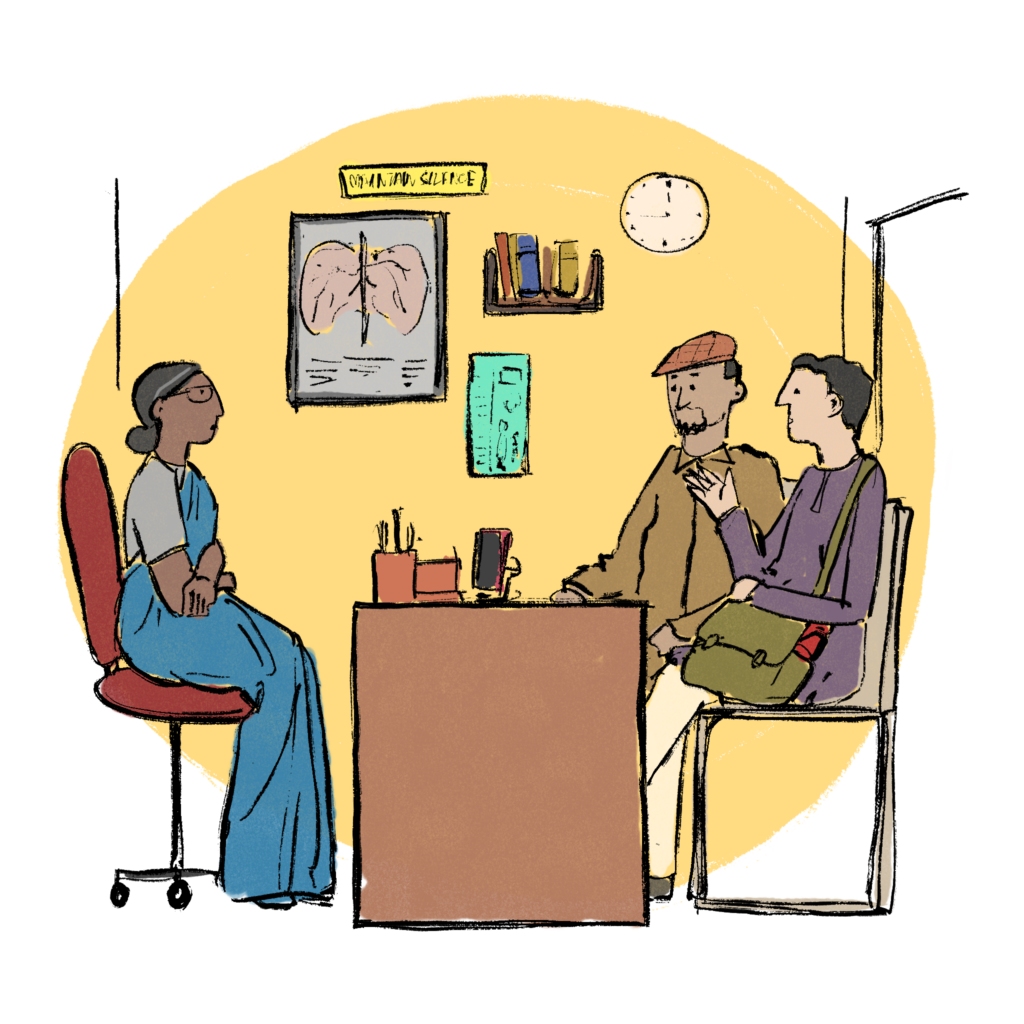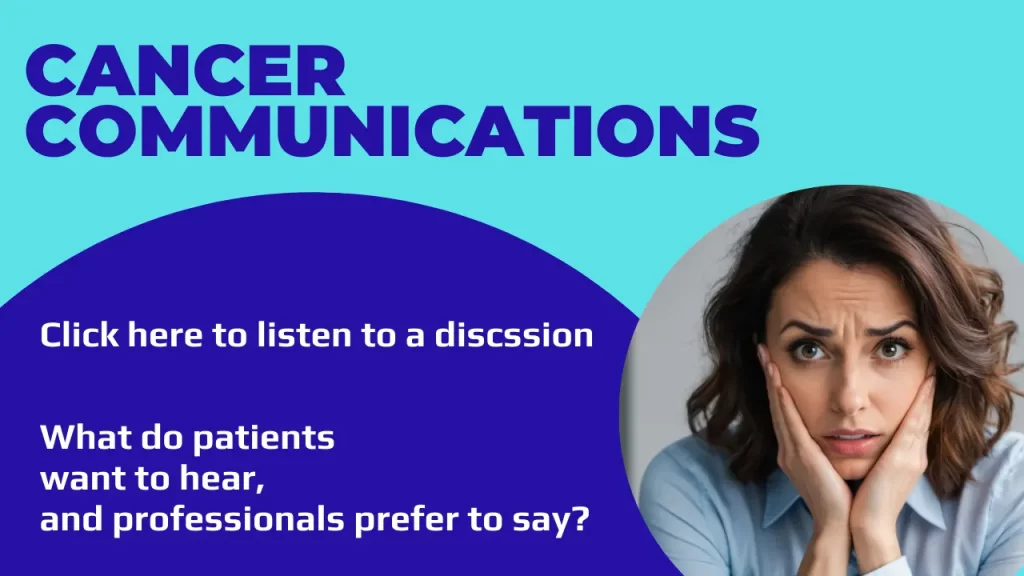What are the patient preferences regarding healthcare communications?
In today’s era of freedom, individuality, and autonomy, healthcare professionals face the crucial task of sharing uncomfortable information with patients and their families. Globally, health communication practices have evolved from a stance of ‘overprotection’ regarding complex information to embracing a more open and communicative culture.
Clear communication fosters trust, ensures accurate diagnosis, and promotes patient adherence to treatment plans. When doctors actively listen and express empathy, patients feel understood and valued. Commuication skills develops over time and experience if the clinician is able to reflect on this aspect of clincial care. It has to be nurtured carefully.

It is important that clinicians have the necessary skills to comunicate with adults who come to them for treatment. This will include the ability to listen the stories of the patient while you are able to collect a good clinical history in a conversational tone. A good clinical interview should be comprehensive and not feel like an interrogation.

Role of families during clinical consultations
Patients should be central in clinical communications and not be bypassed while developing their treatment plan in most clinical situations. However, family members are the primary source of support for many patients and accompany them during treatment. Involving family members in care planning is routinely done in many clinical situations. Our collaborative research with colleagues at University College London on patients’ and family members’ communication preferences involved gathering insights from various stakeholders using a qualitative methodology. In the context of oncology settings, we specifically explored the central role of family in communication. Our findings underscore the family’s supportive function, the nuanced balance between respecting patient autonomy and the family’s instinct to protect, and the evolving nature of communication preferences over time. These insights highlight the importance of training oncologists in effective communication strategies that encompass interactions with patients’ relatives. You can access the paper here.
Our research laid the foundation for developing specialized cancer communication skills training tailored for India and neighbouring countries. Since then, we have successfully implemented this training across diverse health settings. Our programs have benefited doctors, medical students, trainee nurses, senior nursing staff, clinical psychologists, and allied health professionals.
What does ChaTGPT tell us about the importance of doctor-patient communication?
We acknowledge that today, people pose their questions to artificial intelligence platforms before they ask anyone else. So, we asked Chat GPT some of the common questions related to clinical communications. Lets hear the answers shared by Chat GPT that have been given a voice by a text to speech software.
References
- Datta SS, Tripathi L, Varghese R, Logan J, Gessler S, Chatterjee S, Bhaumik J, Menon U. (2016) Pivotal role of families in doctor-patient communication in oncology: a qualitative study of patients, their relatives and cancer clinicians. Eur J Cancer Care 2017 Sep;26(5) e12543. DOI: 10.1111/ecc.12543
- Daruvala R, Datta SS, Ahmed R (2016) When Thoughts Become Words: Ethics of Communications in Health Care In Ethical Practice in Medicine: Contemporary Communications (edited by Roy K and Datta SS). Kolkata: Network for Promotion of Ethics in Medicine (full text available here)
- Datta SS, Agrawal S. Can e-learning help you to connect compassionately? Commentary on a palliative care e-learning resource for India. Ecancermedicalscience 2017 Oct 19;11:ed72. DOI: 10.3332/ecancer.2017.ed72
